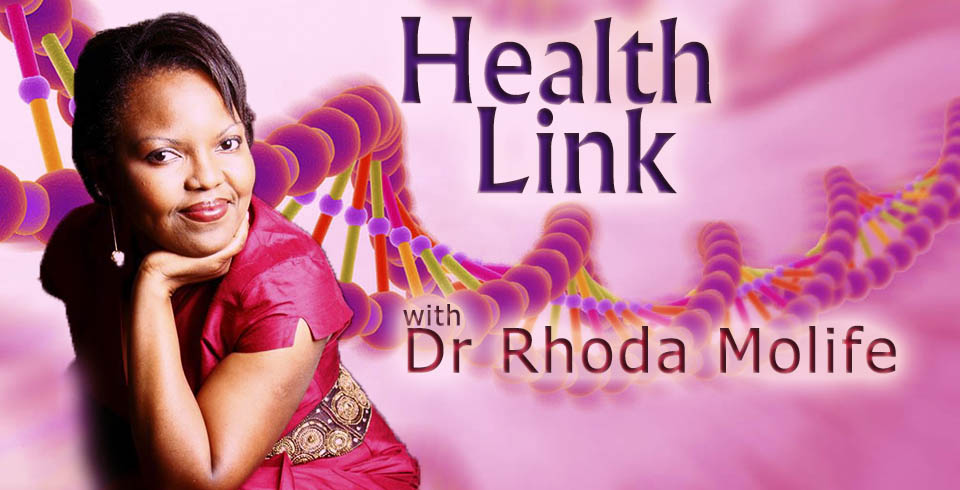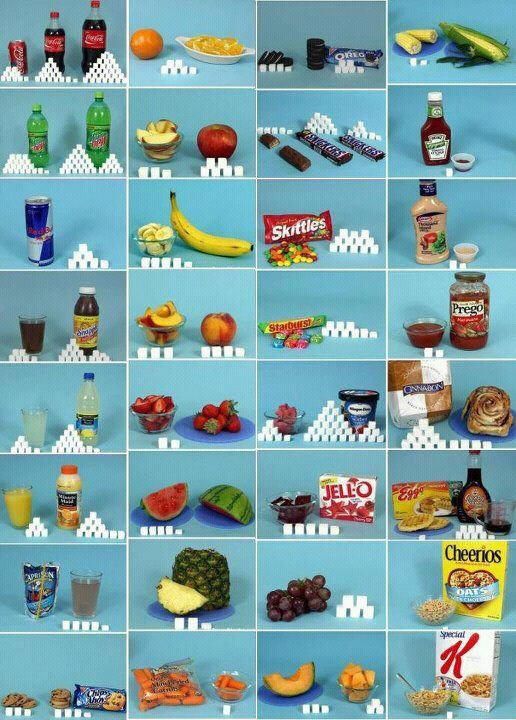In last week’s article, we defined a cancer as a tumour or growth of cells that are malignant, that is, cells that grow in an uncontrolled and disorderly manner, and can spread to different parts of the body. Cells become malignant because of mutations – mistakes in our DNA code – that our body does not fix. These mutations tell cells to keep on growing and not die away. The next logical question then is, what causes these mutations? In the world of cancer medicine, we know what many of these mutations are and what they do, but, we still don’t really know exactly what causes them.
What we do know is that there are many different types of cancer and many different things that can predispose someone to getting cancer. Anything that increases the chance of getting cancer is called a risk factor. Not all risk factors lead to cancer. Some risk factors can be avoided and others cannot. One thing that is certain is that as I am here writing this article, and as you are there reading it, there are lots of mutations popping up in our DNA that are mostly being fixed. But, what can happen is that if the wrong combination of risk factors is present (or maybe even just 1) and takes effect, then a cancer can form. So let’s talk about what some of these risk factors are.
Age
This is the most common risk factor for developing cancer, and one that we can’t avoid. Only 1% (1 in every 100) of cancers are found in children younger than 14, 10% (1 in every 10 people) in people in the 20s-40s and 75% (three-quarters) in people over 60 years old. The longer we live, the more time there is for mutations in our DNA to build up and increase the risk of cancer. As the world’s population is generally living longer, cancer is becoming more common.
Lifestyle – smoking, diet and exercise
Our lifestyle is probably the next biggest risk factor for cancer and is one that we can control. At least 40% -that’s nearly half – of all cancers are related to our lifestyle. This means that some cancers may be preventable. Tobacco, the plant substance in cigarettes, cigars and pipe tobacco is one of the most powerful carcinogens – a carcinogen is any substance that causes cancer. Smoking cigarettes has been known to be a cause of lung cancer since the 1950s, and is also a cause of other cancers like bladder cancer (the sac in the pelvis that holds our urine) and cancer of the esophagus (the food pipe). A diet that has too much processed food and red meat and not enough fruit and vegetables is now known to increase the risk of cancer of the bowel. Alcohol increases the risk of liver cancer, oral (mouth) cancer and esophageal cancer. Being overweight has been linked to breast and bowel cancer and an inactive lifestyle increases the chances of getting breast and endometrial cancer (cancer of the womb).
But this is where it gets complicated again: not everyone who smokes will get lung cancer, and people who have never smoked can get lung cancer. And, a vegetarian diet does not necessarily protect against bowel cancer. What this tells us is that the cause of cancer is multi-factorial – that is, many factors are involved. And because so many factors are involved, it’s difficult to study lifestyle patterns in lots of different people over long periods of time.
The environment
The substances that we are exposed to in our day to day lives can increase the risk of cancer. But as we know, not everyone gets cancer, so again, we see how multiple factors come into play. Some of these environmental factors are:
radiation – ultraviolet radiation from the sun causes melanoma – a skin cancer found mostly in skins with little melanin – the pigment or ‘dye’ that gives us skin, hair and eye colour. Ionising radiation from x-rays and scans increases the risk of cancer; this risk depends on the number of scans someone has and the dose of radiation in each x-ray or scan
asbestos –a mineral used in the building trade and is now known to cause a type of lung cancer called mesothelioma. Asbestos has been banned for many years in a lot of countries, but not others
second-hand tobacco smoke – causes lung cancer in non-smokers
arsenic – this chemical found in many minerals causes skin, bladder and lung cancer. Although arsenic is hardly used now, arsenic contamination remains a real problem in countries like India.
Genetics
I may have made it sound as if cells just needs one mutation to become cancerous. In actual fact, several mutations have to take place and build up over a long period of time before a cancer forms. However, some people are born with a genetic mutation that puts them at a high risk of getting cancer – this is called a genetic predisposition. These people don’t need many more mutations to get a cancer, but it doesn’t mean that they will get cancer.
You may have heard of the BRCA1 and BRCA2 genes (pronounced ‘braka’). When these genes are mutated, mistakes in other parts of DNA cannot be fixed, increasing the risk of cancer. There are certain families that carry and pass on this gene. Any family member with this gene – a carrier – has a higher chance of getting cancer of the breast (men too) and ovary (the 2 organs in women that produce eggs which when they meet with a male sperm grow and divide to become a baby), as well as other cancers. Other families may have a different genetic predisposition to getting bowel cancer.
Overall though, only about 5% of all cancers run in families, so these familial cancers are quite rare.
The immune system
Our immune system is a really sophisticated network that is always working overtime to rid our body of absolutely anything that shouldn’t be there – not only infections but also cancer. Apart from HIV and the ebola virus, our immunity pretty much clears up any infection; but it’s not so good at clearing up cancer, because cancer is very good at hiding from the immune system. When someone’s immunity is low and so not working properly, a cancer has the chance to develop and grow because there is nothing to shut it down. So people who have had a transplant, who have AIDS, or who were born with a condition that affects their immune system, are prone to getting cancer. Here’s why:
Transplant – when an organ is moved from one body to another the organ is called a transplant. Kidneys are commonly transplanted to replace a failed kidney. To the new body, this kidney is a foreign object so the immune system will kick in to get rid of it. To prevent this, the person with the new kidney has to take medicines to dampen down the immune system (immunosuppressive drugs) to stop the new kidney from being rejected. Transplanted organs also make cells divide non-stop, and remember we said cells that just divide with no control can lead to cancer; in the case of those with transplants, they are more prone to getting lymphoma – cancer of the lymph glands.
AIDS – when someone has AIDS, the immune system is shut down by the HIV virus so that patients with AIDS get cancers more commonly than those without.
Infection
Infections caused by some viruses and bacteria can cause cancer – viruses more so than bacteria. This does not mean that these cancers can be transmitted (passed on) from one person to another; the virus can be, but not the cancer itself. Viruses cause genetic mutations in cells that cause them to grow out of control. This is another way in which HIV can cause cancer when AIDS develops. Other viruses that can cause cancer are the:
Human papilloma virus (HPV) – causes some cancers of the cervix (part of the female womb), penis, and mouth
Epstein Barr Virus (EBV) – causes a type of lymphoma called Burkitt’s lymphoma most commonly found in children living in some countries of Western, Central and Eastern Africa and Brazil
Hepatitis B and C viruses – cause some liver cancers, especially in Far Eastern countries like China
The only bacteria that is thought to increase the risk of cancer is the H pylori bacteria found in the stomach. It causes inflammation (irritation) of the lining of the stomach and if this happens continuously can cause stomach cancer.
Future articles of The Cancer Issue will focus a bit more on some areas we touched on here such as diet and cancer, genetics and cancer, and AIDS and cancer. But next week I’ll try and answer the question, ‘Who gets cancer?’


















